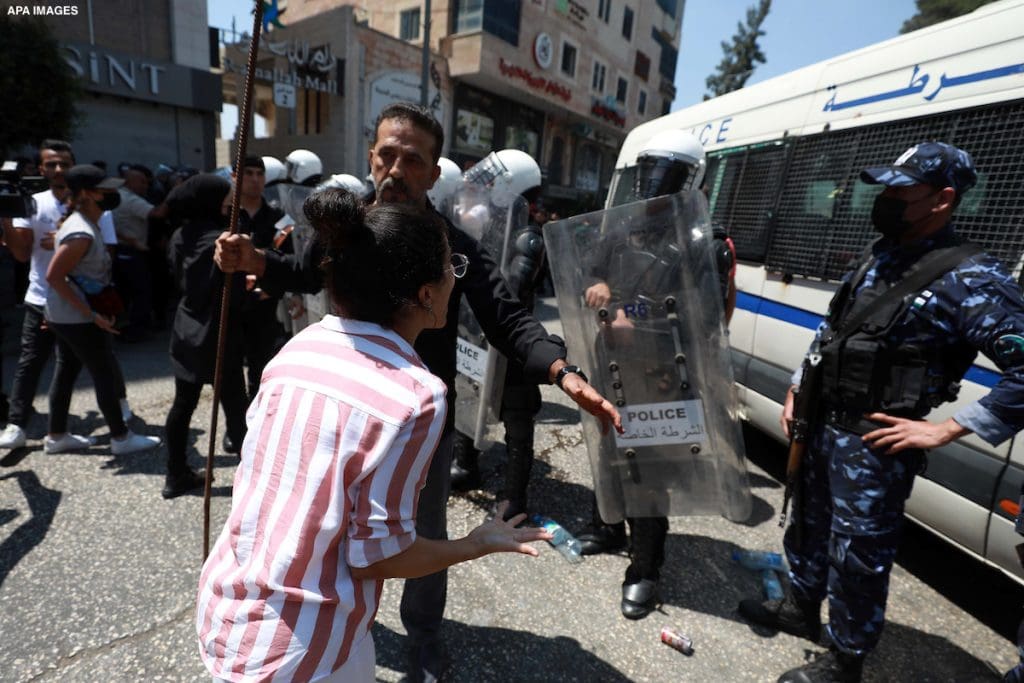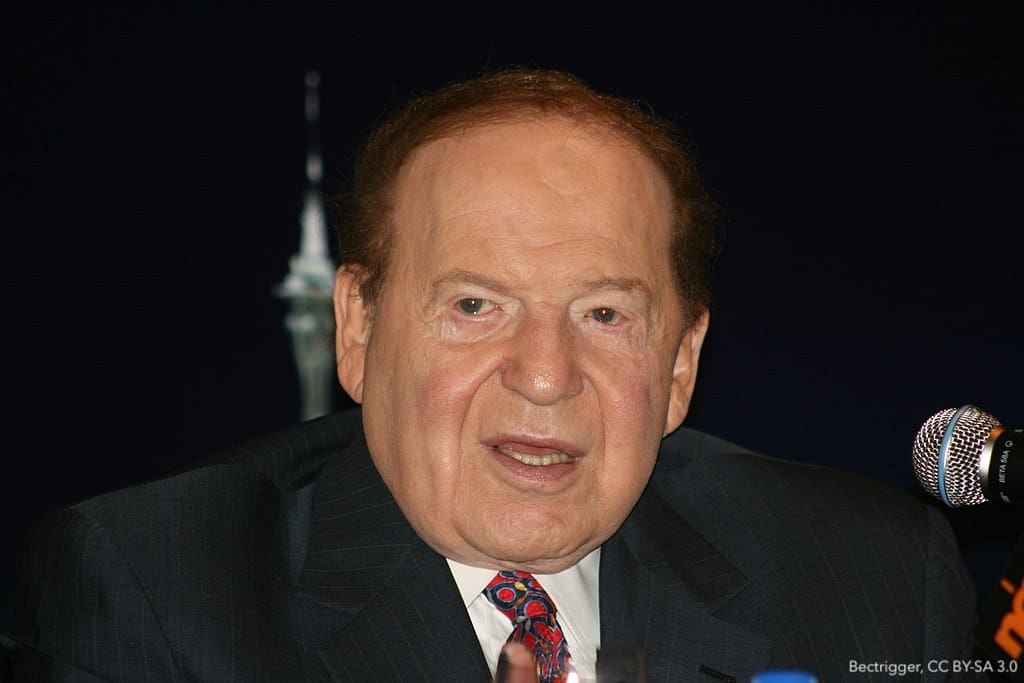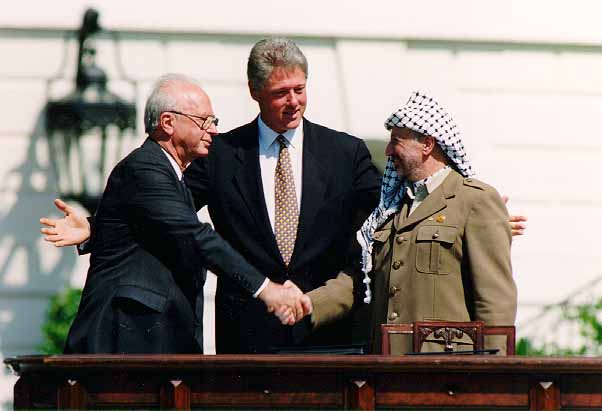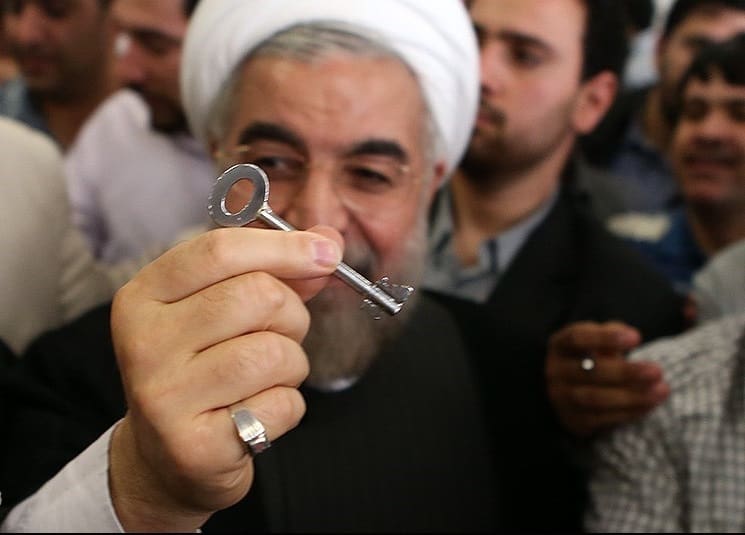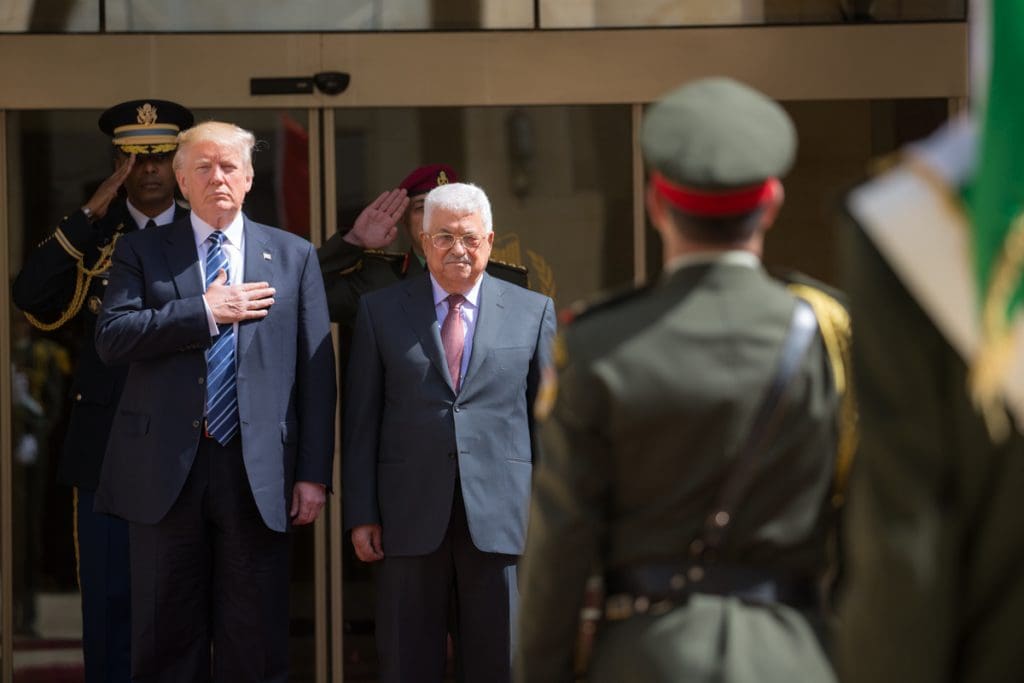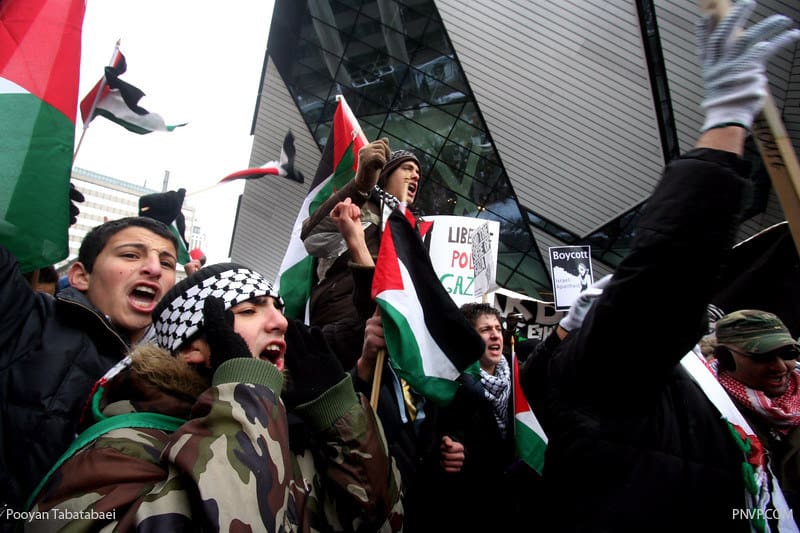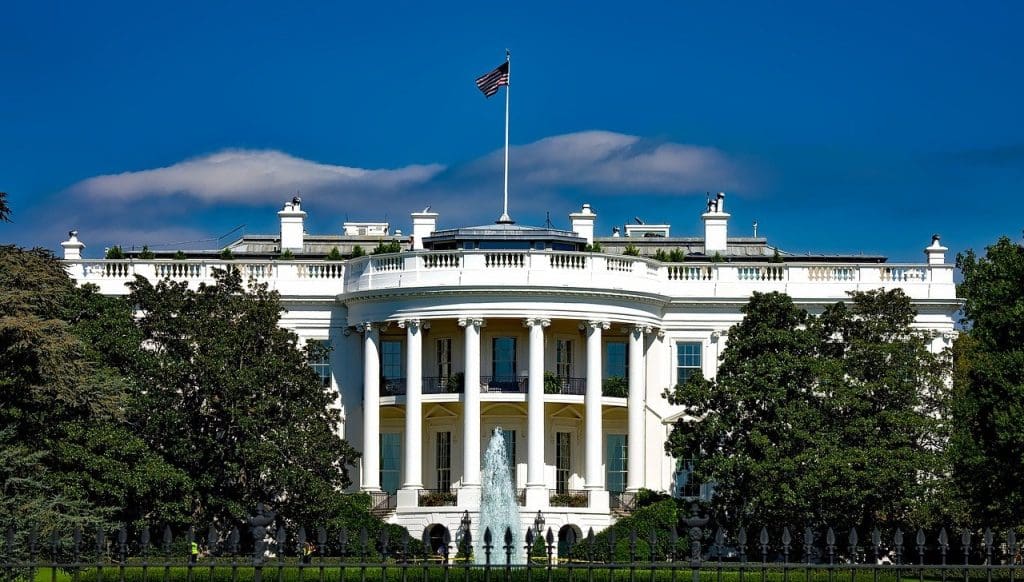Osamah Khalil is a co-founder of Al-Shabaka. He is an Associate Professor of History at Syracuse University’s Maxwell School of Citizenship and Public Affairs. Khalil is the author of America’s Dream Palace: Middle East Expertise and the Rise of the National Security State (Harvard University Press, 2016).
From this author
Punctuated by the outbreak of the Unity Intifada in May 2021, the trajectory of Palestinian resistance is experiencing a watershed phase marked by new actors and themes. With the effective neutralization of the Palestinian Liberation Organization (PLO) since the 1993 Oslo Accords, the deepening geopolitical fragmentation of Palestinians across colonized Palestine and the world, and the global shift to cyberspace, new opportunities — and threats — to Palestinian resistance have emerged.




+
Sam Bahour,Rana Barakat,Mary Nazzal-Batayneh, + MoreOroub el-Abed,Nadia Hijab,Victor Kashkoush,Anis Kassim,Osamah Khalil,Mouin Rabbani,Jamil Hilal,Loubna Qutami,Haidar Eid,Yara Hawari,Nadim Nashif,Raya Naamneh,Omar Barghouti,Marwa Fatafta,Tariq Dana,Hatem Bazian,Noura Erakat,Alaa Tartir,Issam Younis,Nada Awad,Diana Buttu,Ingrid Jaradat Gassner· Aug 26, 2021
The impending US mid-term elections are expected to be the most expensive in American history, with Republicans and Democrats continuing to rely on pro-Israel mega donors like Sheldon Adelson and Haim Saban. Al-Shabaka Policy Analyst Osamah Khalil examines these donors’ outsized influence on campaigns and policy and recommends ways for Palestinian activists and allies to counter their sway.

Osamah Khalil· Oct 14, 2018
A quarter of a century since the signing of the Oslo Accords, an independent and sovereign Palestinian state has become little more than a myth as Israel continues to expand its settler colonial project and military occupation. Oslo’s structure and framework are to blame for this reality, as the Accords were not a peace agreement but a security arrangement between colonizer and colonized.
Trump’s administration and Israel are pressuring Palestinians to accept a disastrous deal in part to cement closer relations with Gulf states against Iran. Al-Shabaka’s Diana Buttu, Osamah Khalil, and Mouin Rabbani examine how US actions work to the detriment of Palestinians, the repercussions of these developments on Hamas-Iran relations, and what Palestinians can do in response.



President Donald Trump’s announcement recognizing Jerusalem as the capital of Israel is the culmination of US foreign policy over seven decades in which the goal of the peace process has been to impose a solution on the Palestinians.

Osamah Khalil· Dec 18, 2017
A Palestinian leadership vacuum looms due to the ill health of the secretary general of the Palestine Liberation Organization (PLO), Saeb Erekat, and the frailty of the Palestinian Authority (PA) President Mahmoud Abbas, who also heads the PLO and its main constituent party Fatah.
U.S. Secretary of State John Kerry’s highly publicized efforts to foster negotiations between Israel and the Palestinians coincides with the 20th anniversary of the Oslo Accords. The conventional wisdom is that the Palestine Liberation Organization (PLO) -- weakened and on the verge of bankruptcy after the end of the Cold War and the first Gulf War -- signed the Oslo Accords to stave off the emergence of an alternate leadership from the occupied Palestinian Territories and irrelevancy.

Osamah Khalil· Sep 3, 2013
For over four decades the Palestine Liberation Organization (PLO) has been internationally recognized as the sole legitimate representative of the Palestinian people. Yet, since 1994 the PLO has only existed in name only.

Osamah Khalil· Mar 18, 2013
The latest Al-Shabaka roundtable examines the effectiveness of different forms of resistance in achieving Palestinian rights. The participants discussed a range of issues from the implications of armed struggle to the potential and limitations of the boycott, divestment, and sanctions movement.
Recent reports that the Obama administration offered Israel a series of incentives to continue its limited ten-month moratorium on settlement building have sparked an outcry among Palestinians and their supporters. Although the concessions for halting the construction of new settlements for only 60 days are unprecedented, Washington’s inability to maintain consistent pressure on Israel fits into a much broader historical pattern.

Osamah Khalil· Oct 25, 2010








